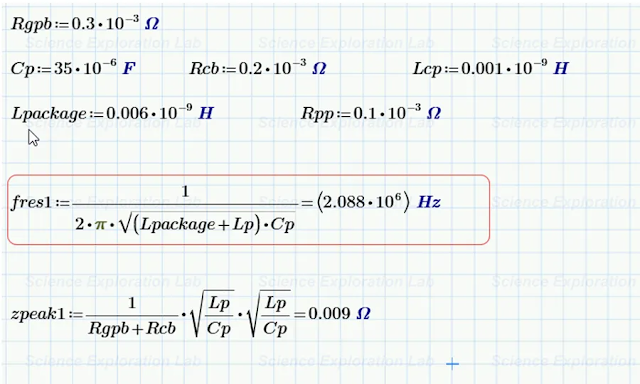Not every scientist is good at math
So, if you are interested in your journey in science, don't let your fear of math hold you back. There are many different fields of science that require different levels of math skills. And even in the more math-intensive fields, there are many successful scientists who are not particularly good at math.
How can I prepare for a career in science if I'm not good at math?
If you're not good at math, there are a few things you can do to prepare for your exploration in science:
- Take high school math classes. Even if you don't enjoy math, it's important to have a strong foundation in the basics. This will give you the skills you need to succeed in college-level science courses.
- Get involved in extracurricular activities that involve math. This could include joining a math club, participating in a math competition, or volunteering at a science museum. Getting involved in these activities will help you develop your math skills and learn to think like a mathematician.
- Talk to your teachers and counselors. They can help you develop a plan to improve your math skills and prepare for a career in science.
It's never too late to learn math
If you're an adult who wants to do more research in science but you're not good at math, don't despair. It's never too late to learn math. There are many resources available to help you improve your math skills, including online courses, tutoring services, and adult education programs. We know that many engineers working in electronics engineering and computer science need high school math for most of their work. For example, if a young person just graduates from college and wants to find a software engineering job, they need to practice a lot of interview questions, including algorithms, data structures, databases, and system design. Many interview questions do not require college-level math. A strong foundation in high school math is sufficient to land a good offer from companies like Apple, Google, and LinkedIn.
Just because you don't need college-level math for many scientific and interview questions doesn't mean you can know nothing about math. You still need to be able to do some basic calculations and logical thinking. A good place to start is by mastering junior high school math. It is important to have a foundation in junior high school math before you can truly delve into science. Junior high school math provides the building blocks for more advanced math and science concepts. With elementary school level math, It will be challenging to understand and succeed in more advanced science topics.
Please see function curve drawing for simple equations here(by scienceExploraiontLab):



